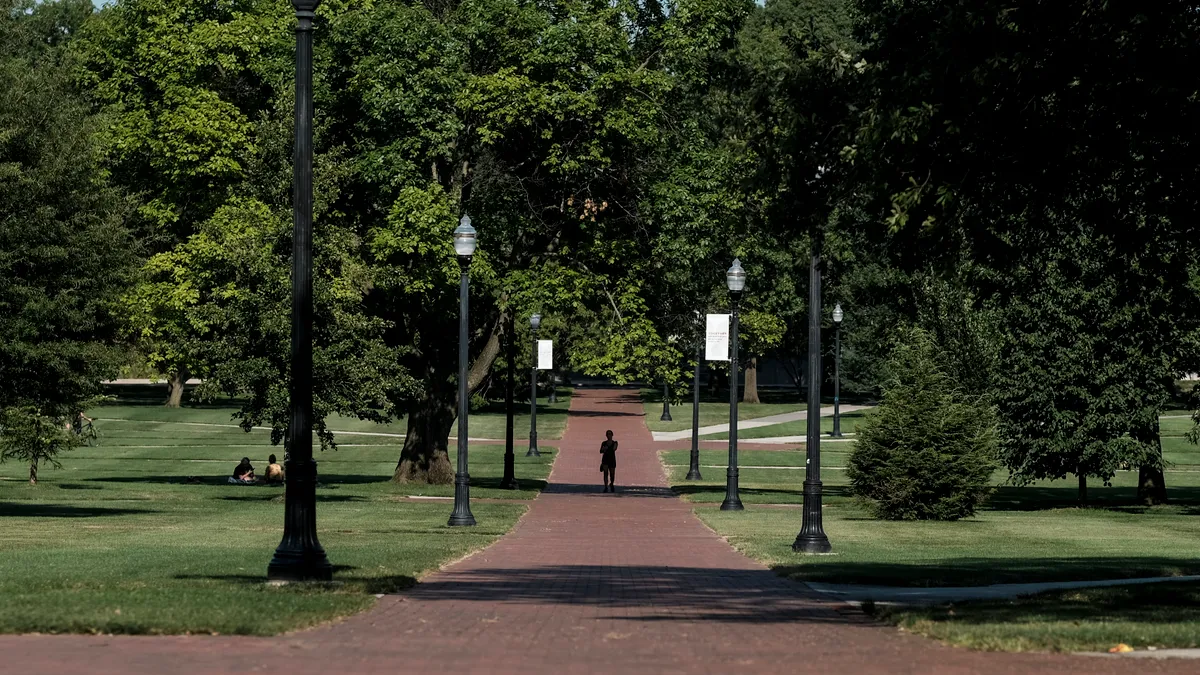Dive Brief:
- A faculty research study from the University of California Riverside reveals trends between student engagement and cheating in online learning.
- According to the study, distance learning students who feel good about their learning experiences, knowledge gained are less likely to cheat, even if outside information is readily accessible.
- Students are more likely to cheat if given excessive amounts of assignments, or if question composition is not clear.
Dive Insight:
Student integrity can be a major issue in digital spaces, and with the amount of technology each individual can own, it would be hard and nearly irresponsible for campuses to invest in systems to prevent most common strategies for answer sharing or quick references.
Instead, academic leaders should focus on new methods of learning and assessment to gauge student ability. Classroom flipping, even in online learning settings, can be an effective method that is nearly cheating proof, as students not only have to learn, but to effectively instruct on material. Also, making changes to the lecture format can go a long way in increasing engagement, which could lend to more integrity in the assessment process.













